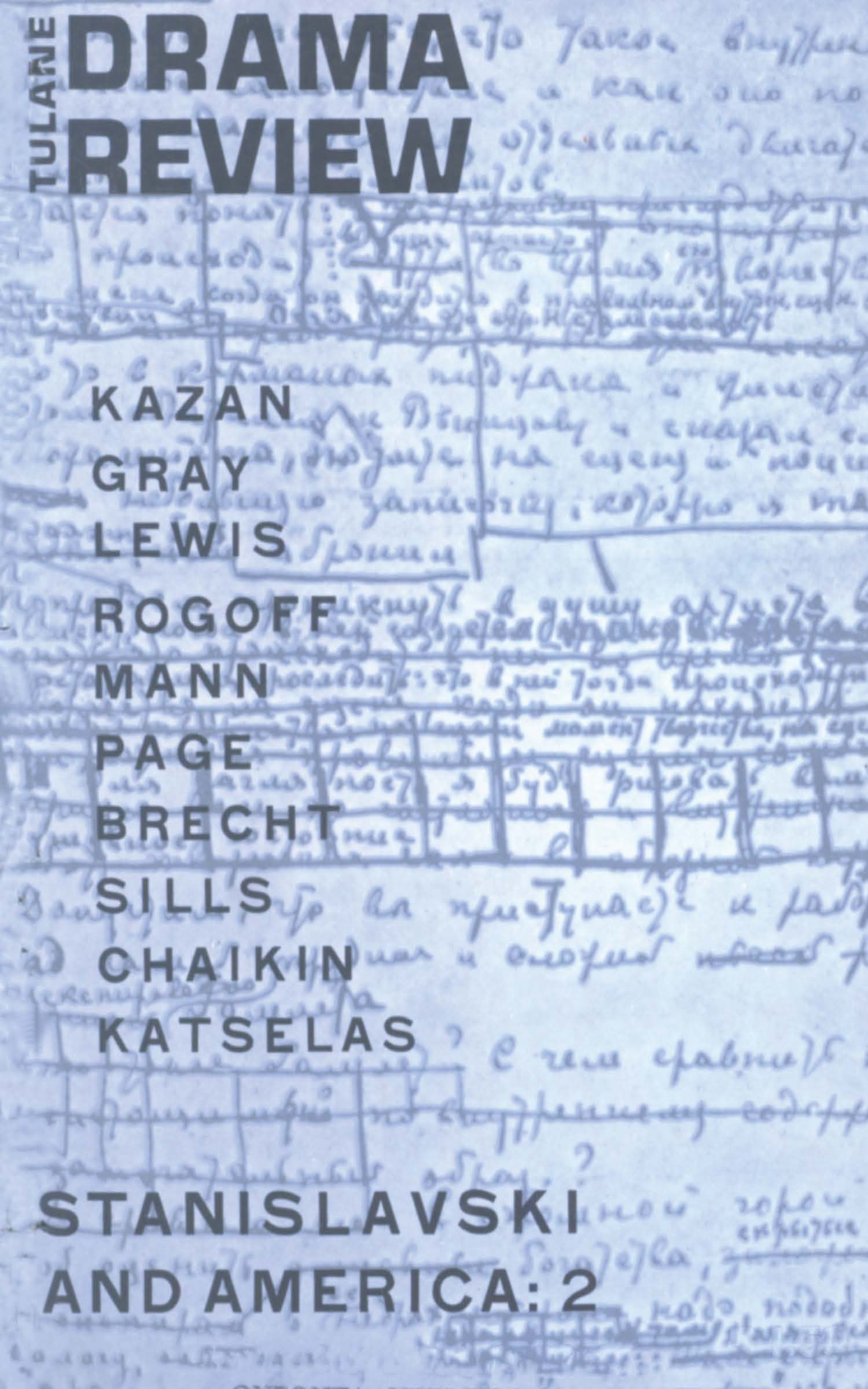No CrossRef data available.
Article contents
Extract
As Lorca's posthumous fame increases, the glint of political martyrdom, though still apparent, no longer dominates the picture. His plays are now performed almost everywhere, even recently in Spain itself. (There, for the first time since his murder in 1936, a dramatic work of his, Yerma, was produced in November, 1960.) He is required reading in hundreds of college courses. With Picasso's and Dali's his is one of the best-known of twentieth-century Spanish names. The new Aguilar edition of his complete works, a single leather-bound volume in the same format as Cervantes, Calderón de la Barca, and Lope de Vega, has made him a classic author. Perhaps the best sign that his reputation is secure is that some critics have begun to question his ascendancy over the five or six foremost Spanish writers of the period.
- Type
- Research Article
- Information
- Copyright
- Copyright © The Tulane Drama Review 1962
References
1 Arturo Barea, Lorca, The Poet and His People, translated by lisa Barea.


